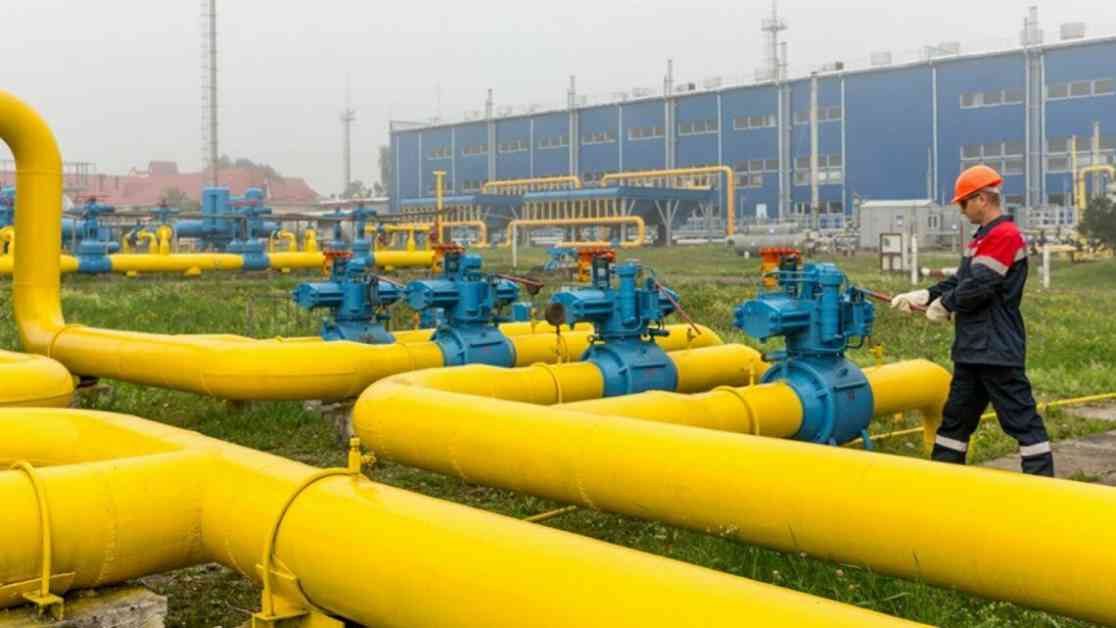EU Ensures Energy Security Amid Ukrainian Decision to Halt Russian Gas Transit
In a significant shift towards energy independence and security, the European Commission has revealed its meticulous planning to guarantee alternative gas supplies for member states, particularly those in Central and Eastern Europe. This development follows Ukraine’s bold decision to cease the transportation of Russian natural gas through its territory starting from 1 January 2025, citing national security concerns and the expiration of the existing gas transit agreement with Russia.
Building Resilient Energy Infrastructure
The European Commission disclosed that it has been actively working with member states for over a year to prepare for this transition and ensure that alternative gas supplies are readily available. As the EU’s gas infrastructure boasts considerable flexibility, it can accommodate non-Russian gas deliveries through various routes, safeguarding the energy needs of countries in the region.
This strategic move aligns with the EU’s broader efforts to enhance energy security by diversifying energy sources and reducing dependence on Russian gas. The Commission emphasized that the region’s gas supply security has been strengthened through a combination of energy efficiency measures and the development of renewable energy sources, marking a significant step towards sustainable energy practices.
Geopolitical Ramifications and Regional Responses
The decision by Ukraine to halt Russian gas transit has sparked geopolitical tensions, with Slovakia’s reaction drawing particular attention. Despite threats from Slovak Prime Minister Robert Fico to cut electricity supplies to Ukraine, experts believe that alternative energy sources from neighboring countries like Poland, Hungary, and Romania can mitigate any potential disruptions to Ukraine’s power grid stability. This underscores the interconnectedness of energy systems in the region and the need for collaborative solutions amidst evolving geopolitical dynamics.
As the EU navigates the complex landscape of energy security and geopolitical relationships, the emphasis on alternative energy sources and resilient infrastructure stands as a testament to the region’s commitment to ensuring a sustainable and secure energy future for all its member states.
Remember, energy security is not just a matter of policy but a crucial component of our daily lives. From heating our homes to powering our industries, the decisions made at the geopolitical level have a direct impact on our everyday routines. So, let’s stay informed, engaged, and proactive in shaping a more sustainable energy landscape for generations to come.

















